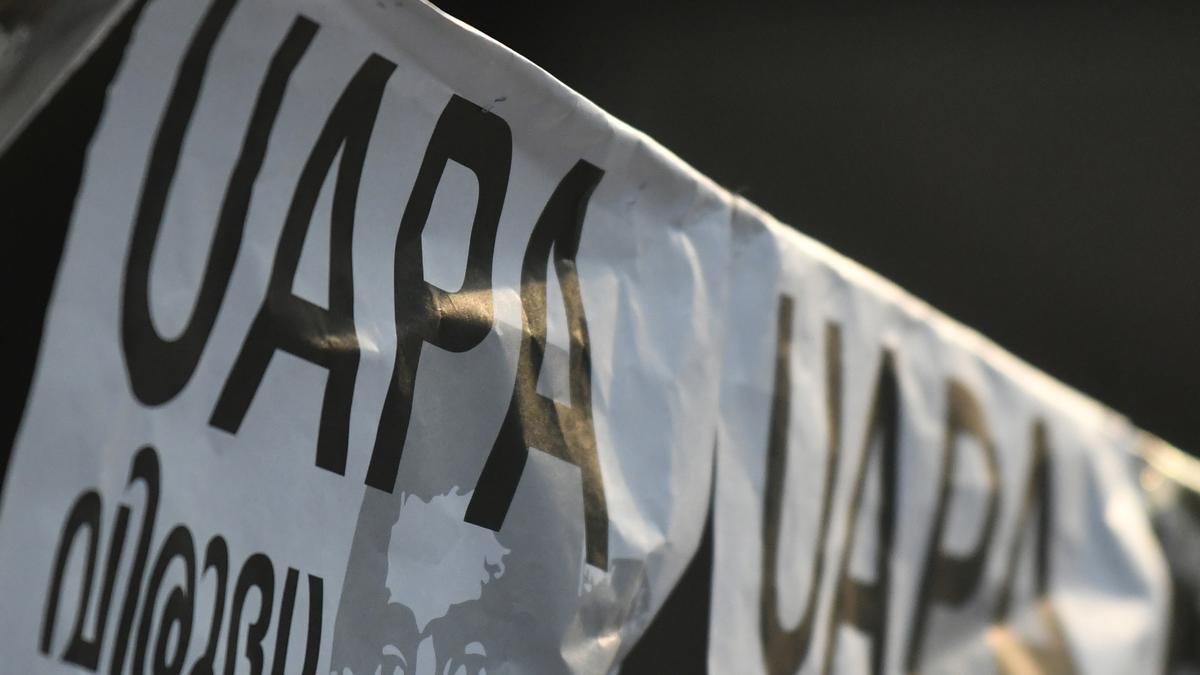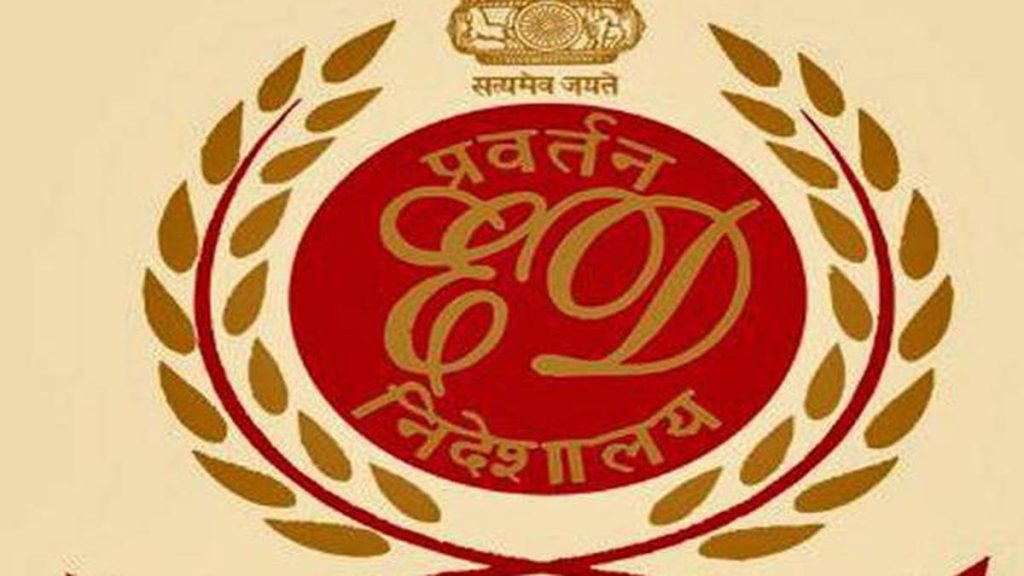Now Reading: Bombay High Court Upholds UAPA Validity, Dismisses Sedition Law Challenge
-
01
Bombay High Court Upholds UAPA Validity, Dismisses Sedition Law Challenge
Bombay High Court Upholds UAPA Validity, Dismisses Sedition Law Challenge

Fast Summary
- Bombay High Court dismissed petitions challenging the constitutional validity of the Unlawful Activities (Prevention) Act (UAPA) and Section 124A (sedition) of the Indian Penal Code.
- Justices A.S. Gadkari and Neela Gokhale deemed UAPA constitutionally sound in its current form,rejecting a petition filed by Mumbai resident Anil Baburao Baile.
- Baile argued that definitions of terms like “unlawful activists,” “terrorists,” and “sedition” under UAPA lacked clarity, leading to potential misuse by authorities.
- The petitioner contended that amendments aligned with international terrorism resolutions gave excessive discretionary power to the government without adequate safeguards.
- The Court concluded arguments lacked merit; detailed judgment is pending.
Indian opinion Analysis
The Bombay High Court’s ruling reinforces the legitimacy of India’s stringent anti-terrorism and sedition laws amid growing concerns over their interpretation and request. While provisions like those under UAPA are critical for national security, issues raised regarding ambiguity in key definitions highlight broader debates over civil liberties versus state authority.This outcome emphasizes faith in judicial oversight but also raises questions about balancing individual rights with collective societal security. As India navigates internal and external challenges related to terrorism, ensuring precise legal frameworks will remain central to fostering accountability alongside enforcement.Read more: Link
























